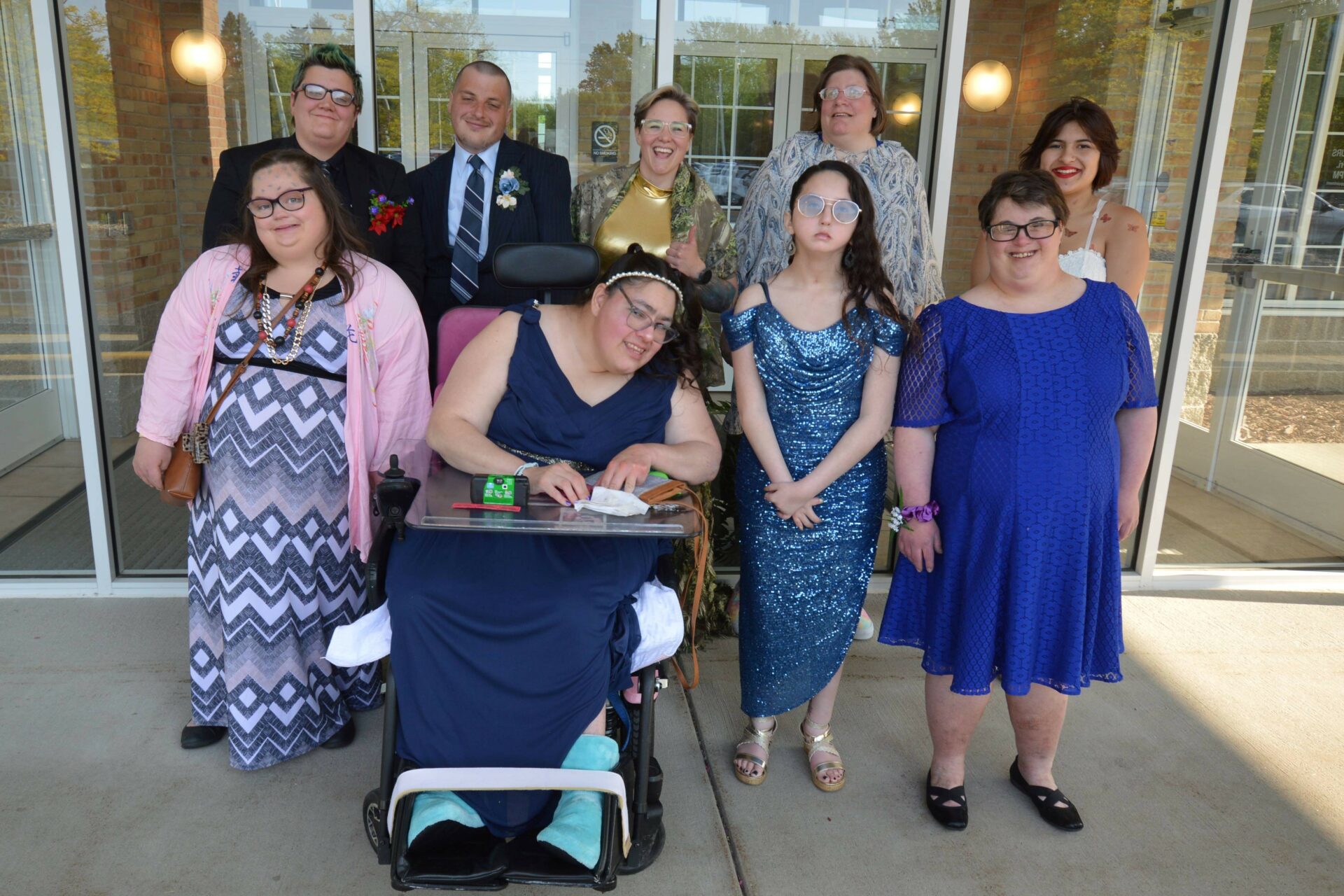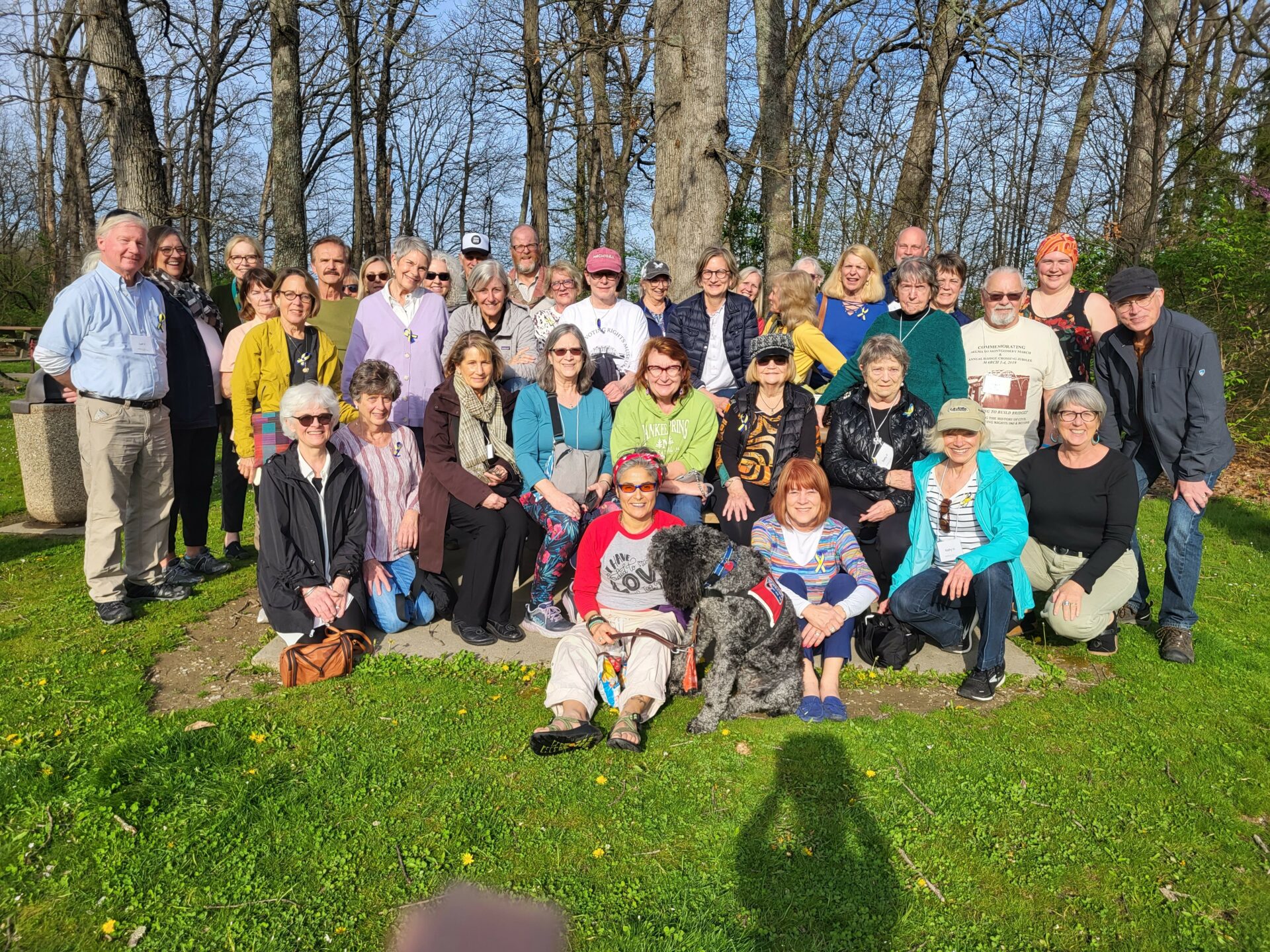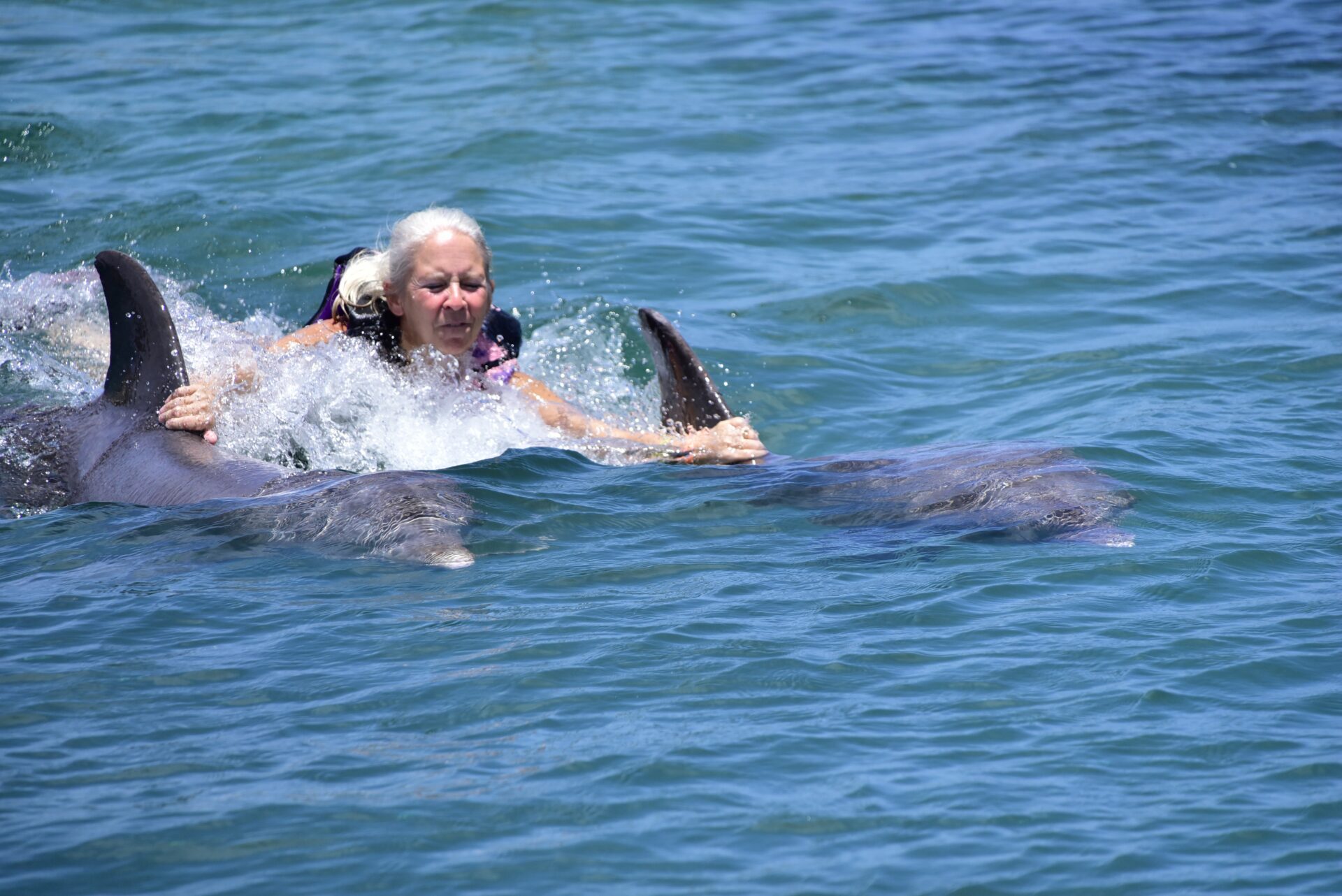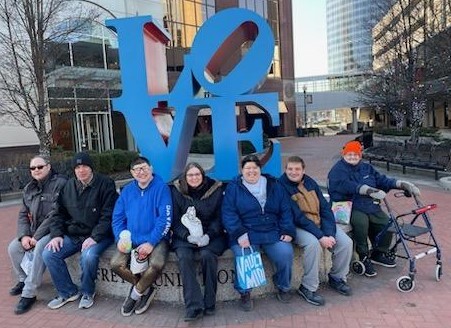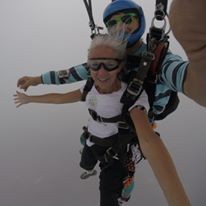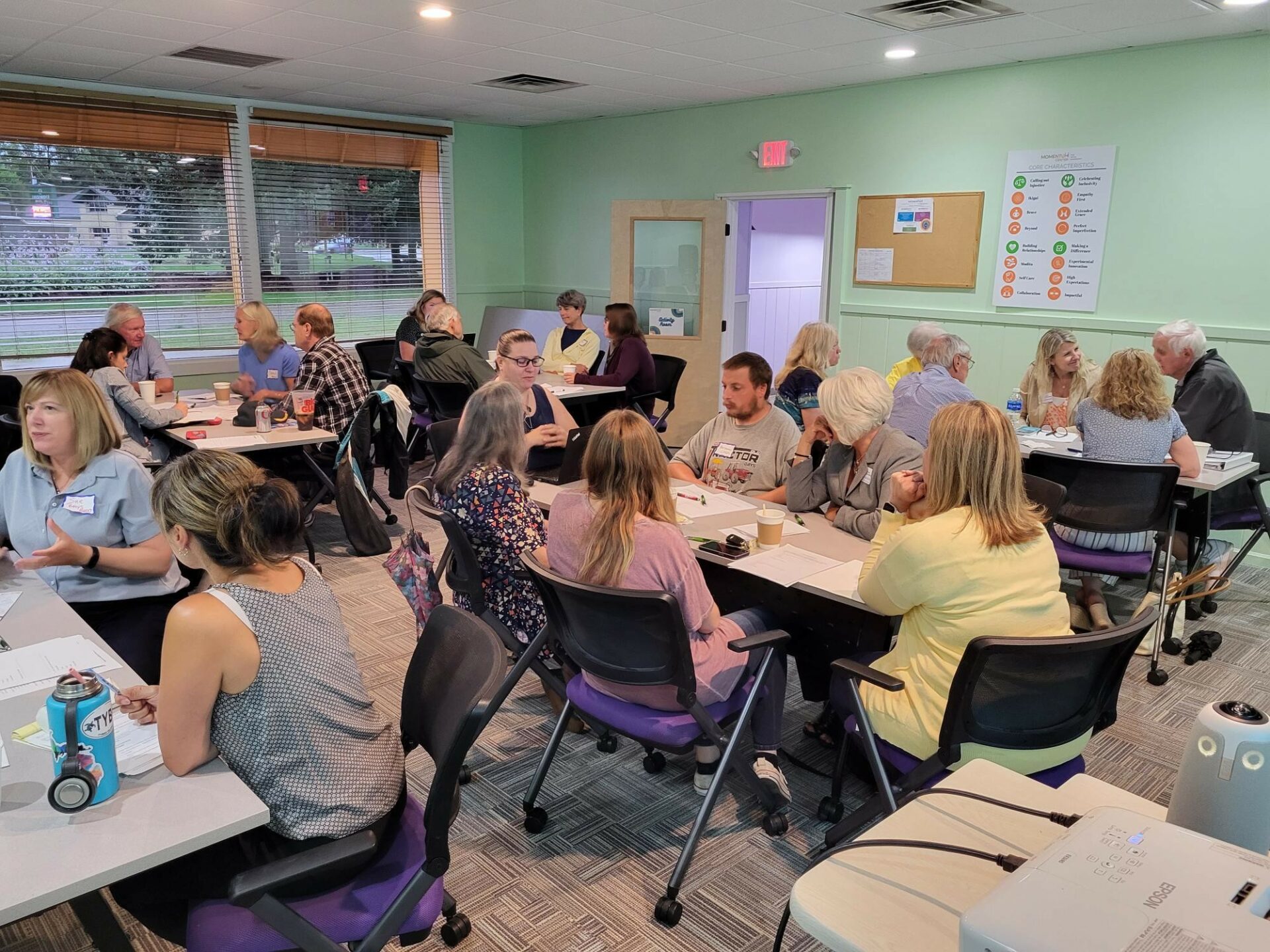We were lucky to catch up with Barbara Lee VanHorssen recently and have shared our conversation below.
Barbara Lee, thanks so much for taking the time to share your insights and lessons with us today. We’re particularly interested in hearing about how you became such a resilient person. Where do you get your resilience from?
I am a survivor. My experiences of trauma were painful and difficult, but along the way, I developed resiliency. I found people who genuinely cared about me. I developed systems of coping and growing. Today I have greater insight into my own functioning, family systems, and the needs of a community I seek to serve. This awareness gives me a deep sense of empathy that has drawn me to my work. I do what I do because I simply cannot do anything else. I started my career in medical administration. It was rewarding but I found myself wanting to make more of a difference in people’s lives. I pursued my Master’s Degree specifically so I could move into nonprofit administration. I find it fascinating to see how all of my work experiences have coalesced to inform by work today. They include working with homelessness, an interfaith ministry, and a methadone clinic. When I met my future husband and his niece who has Down Syndrome, I became a job developer until that focus became too narrow. Then a family crisis would provide me with important insight for pursuing my life’s work.
My son Alex was a junior in high school when he had his first break with reality. He was a senior when he had his second break. Then at 19 years old we went through a long 5 month journey into and out of the hospital and residential care until we finally found the right medication to treat his schizophrenia and stabilize his life. But by the time that happened, he had lost all of his friends. Science tells us the most important thing to regain or maintain health is human connection. But how does someone like Alex even begin to find that?
Today Alex is 28 years old and he is doing very well. Since joining the Momentum Center, he has secured and maintained employment at a restaurant. He has found hope, purpose and meaning. But my experience with Alex taught me that even as a relative insider the system was almost impossible to navigate.
In my 50s I find that all of my past experiences have come together. It is the culmination of experiences that have given me the wisdom, maturity, and confidence to put everything I have into a dream of creating safe places where others can develop resiliency and embrace their own value. Positive community space can offset the effects of trauma. We have created positive community space.
Thanks for sharing that. So, before we get any further into our conversation, can you tell our readers a bit about yourself and what you’re working on?
OVERVIEW I am the founder and Experi-Mentor of the Momentum Center, a grassroots movement to create a stigma-free community. The organization operates the Momentum Center for Social Engagement, a social and recreational program for teenagers and for adults with mental illness, addictions, and disabilities. It costs $1/year to join and data shows that we are decreasing anxiety, depression, and loneliness among our members. We are literally saving lives. We also host community conversations regarding matters of social justice, and human rights. As a result, we are normalizing discussion about difficult issues and reducing the stigma we attach to many of today’s most pressing concerns. Finally, we lead cultural immersion experiences that transform participants and that narrow cultural divides both locally and around the world.
I have brought all of my life experience together in leading this work. I had a traumatic childhood that led to poor choices in my adult relationships. As a survivor, I bring a level of empathy and understanding that informs all of my interactions. My career has centered on working with marginalized populations in healthcare settings, nonprofit organizations, and ministry. I am passionate about the fact that we are all valuable and we are all one.
PROGRAM
Problem
Today 1 in 4 people will experience a serious mental illness during their lifetime. Locally,
• 17% of adults in Ottawa County report depression
• 15% report an anxiety disorder
• 29% of young people report depression
• In a classroom of 30 students, 5 have seriously considered suicide, 2 have made an attempt
• 1 in 5 people has a disability
• Opiate related deaths have increased by 85% over the past three years
Nearly 2/3 of people with a known mental disorder never even try to get help. According to the World Health Organization, stigma is a key barrier to people seeking treatment.
Solution
That is why we exist. We are a grassroots movement to create a stigma-free community. The Momentum Center for Social Engagement is a social and recreational program for youth (age 11+) and adults with mental illness, addictions, and disabilities. It costs $1 per year to join and then members can participate in all activities, events, and outings at no additional cost. No diagnosis or referral is required. It also operates Just Goods Gifts and Café, a fair trade store and coffee shop that is open to the public. This creates a place for social integration and the opportunity to confront stereotypes and dismantle stigma.
The Momentum Center serves as a complement to clinical and therapeutic services by inviting often-disenfranchised individuals to engage with others, moving out of isolation and into productive interactions in their community.
Evaluation
Evaluations occur through repeated surveys which begin when someone becomes a member and are repeated at 6 month intervals. ThenAtlas Analytics, LLC, an impartial third party, analyses our data. Members with moderate to severe depression, anxiety and loneliness, report statistically significant improvement in their symptoms after 1 year. Depression improves 30% per their PHQ-9 score. Anxiety improves by 68% per their GAD-2 score. Social connectedness increases by 47%.
Personal Stories
Richard is a Vietnam Era Veteran who was working at FedEx when a series of back injuries left him unable to work. He turned his attention his children but as they grew, a series of infections led to the amputation of his right foot and ankle. He was walking on his new prosthetic in a deep state of depression, feeling lonely and useless when he learned about the Momentum Center. Richard found not only community, but purpose. He recently spoke to a group saying, “I don’t know if I would even be here today if it weren’t for the Momentum Center.”
Rebecca was planning to end her life when she was surprised to find people who cared whether her choice was life or death. She decided to stick around. Her struggles with severe depression weren’t over. More than once she has decided life isn’t worth living, but each time she has reached out before before it was too late. She still struggles. Depression doesn’t go away just because we want it to. But Rebecca knows she has friends who are with her every step of the way.
Looking back, what do you think were the three qualities, skills, or areas of knowledge that were most impactful in your journey? What advice do you have for folks who are early in their journey in terms of how they can best develop or improve on these?
1. Never give up. Try something. Anything. It might work. If it doesn’t, try something else. Just don’t give up. 2. Reach out to others. Don’t believe you have to do it yourself. We are all interconnected and interdependent. Connection is life giving.
3. Collaborate without compromising your values. Find the win/win.
What is the number one obstacle or challenge you are currently facing and what are you doing to try to resolve or overcome this challenge?
Much of our work has focused on the social determinants of mental health. Because of that, we have been very direct in our work to address and end racism and to support the LGBTQ+ community. However, our county leadership has been taken over by extremists who oppose all DEI efforts. Both the organization and I have been the victims of a relentless attack aimed at defunding our work. The attacks are full of lies, mischaracterizations, and falsehoods. The challenge is both to retain our funding and to provide facts and data that accurately characterize our work and that hopefully offset the negative impact of our opponents.
Contact Info:
- Website: www.momentumcentergh.org
- Facebook: https://www.facebook.com/barbara.lee.7564
- Linkedin: https://www.linkedin.com/in/barbaralee13/
- Youtube: @themomentumcenter5629

